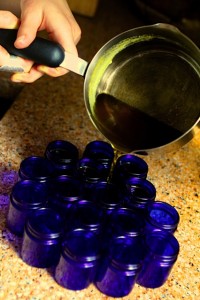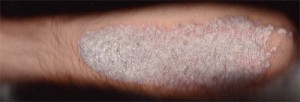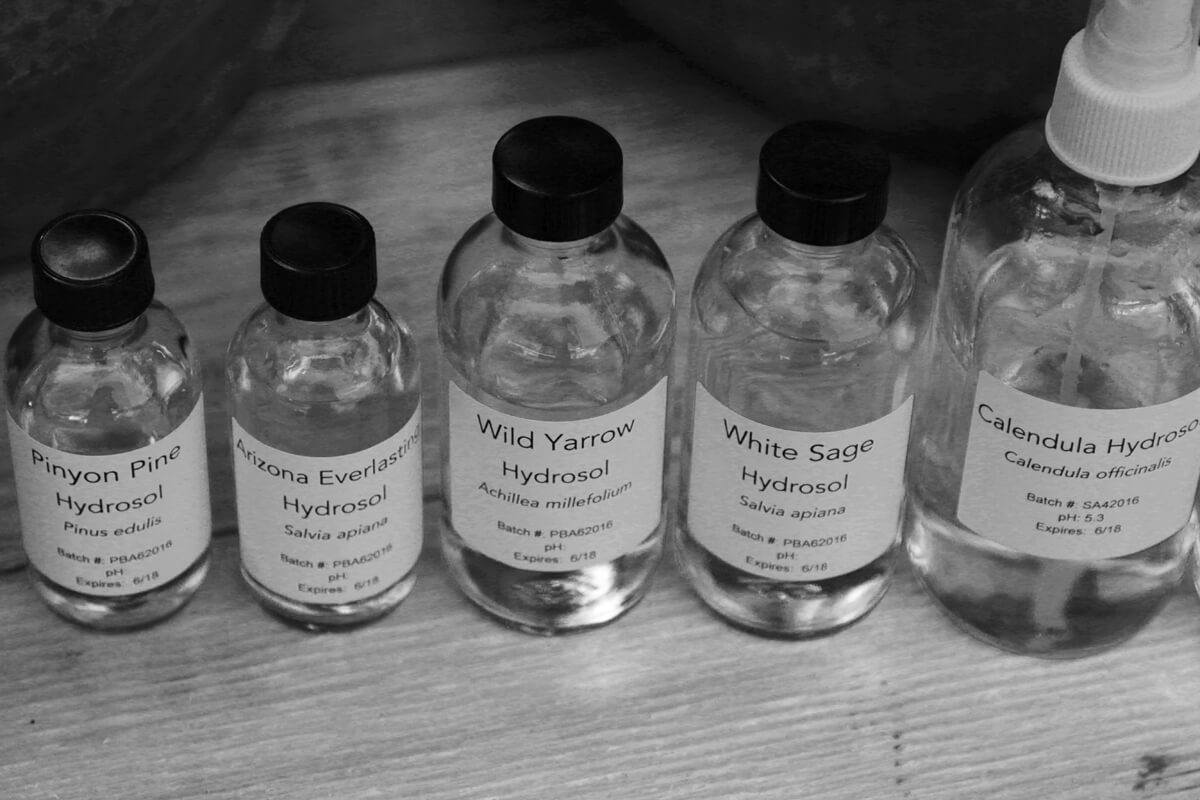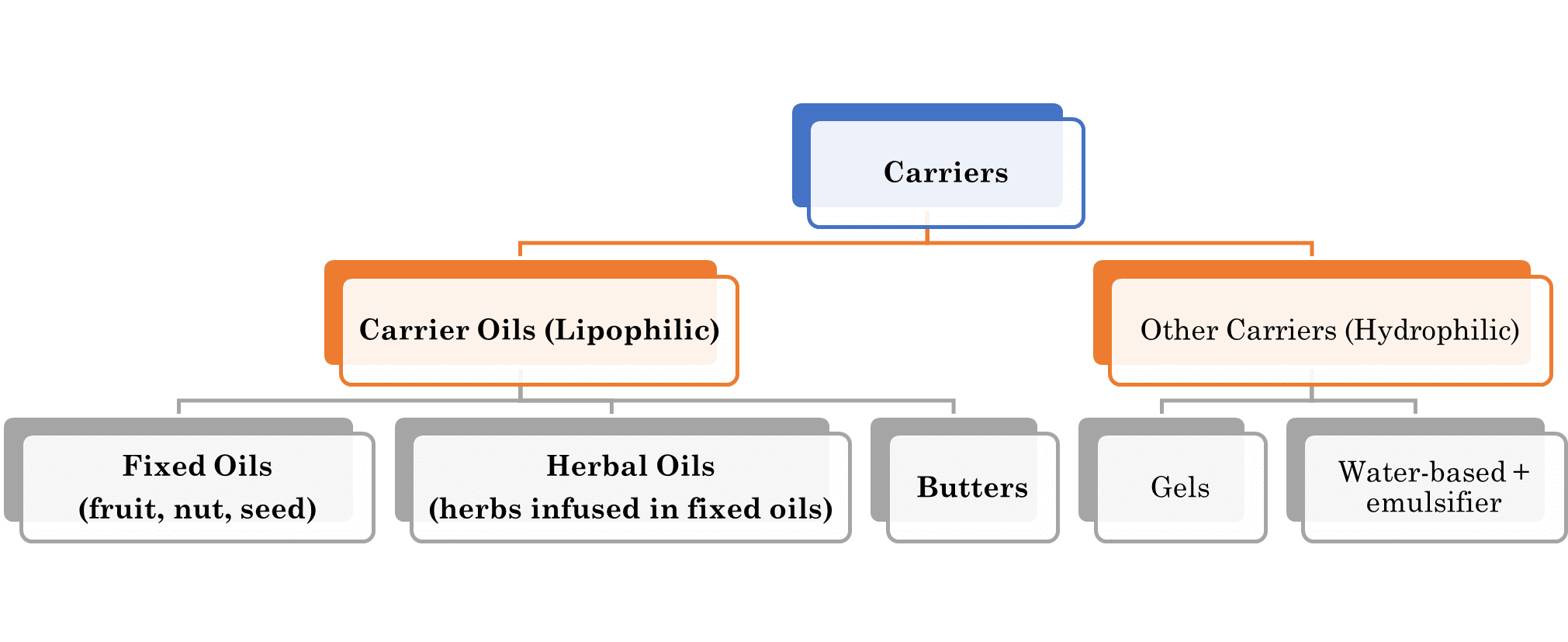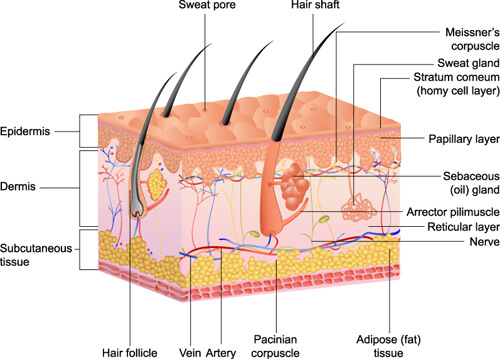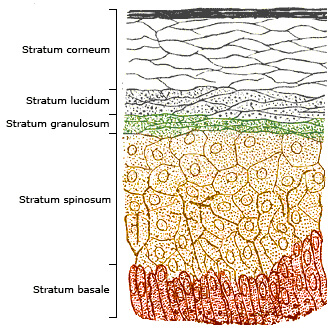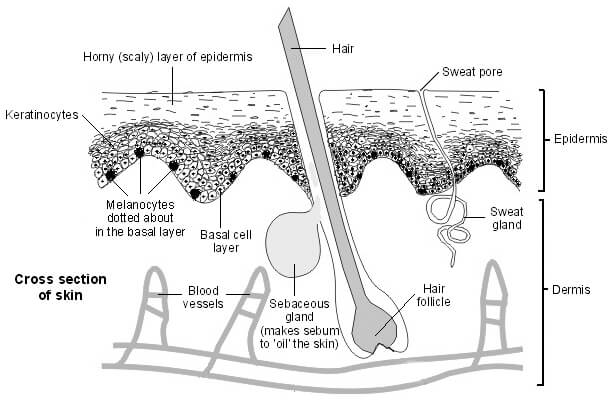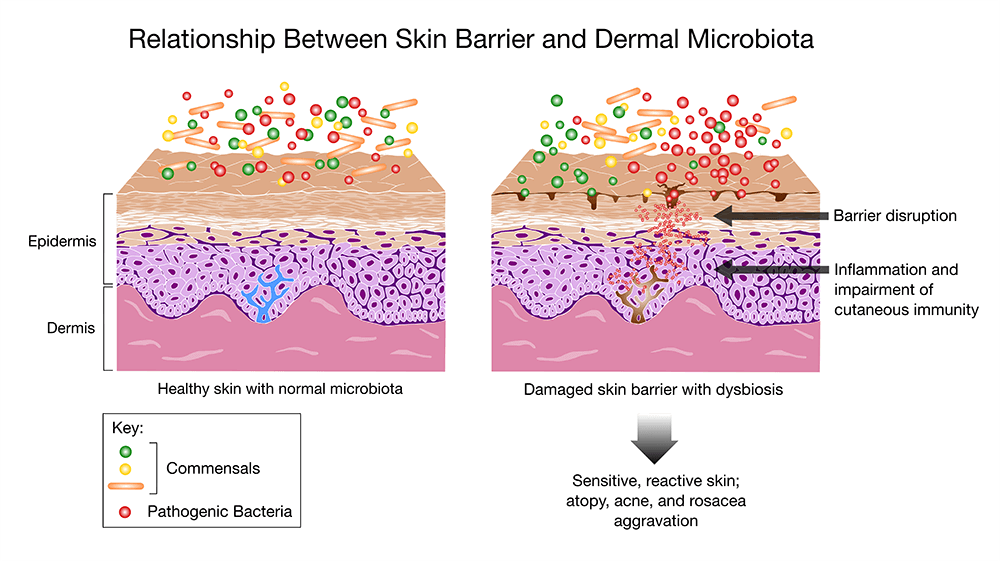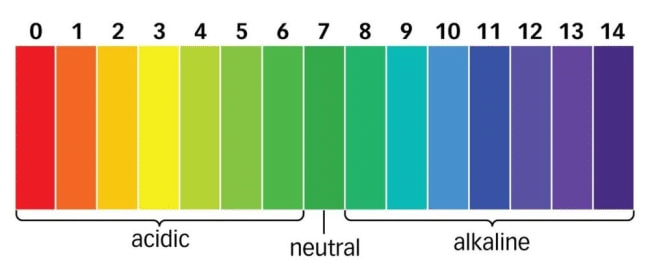INTRODUCTION
Our Sense of Smell
Introduction: An Underappreciated Sense
Smell, or olfaction, is one of our oldest and most vital senses, yet it often gets overshadowed by sight and hearing. From the moment we’re born, our sense of smell shapes our experiences, guides our behavior, and creates lasting memories. The word “scent” itself comes from the French “sentir“, meaning to feel or smell. In this lesson, we’ll explore the fascinating development, functions, and significance of the human olfactory system.
From Womb to Adulthood: The Development of Smell
Did you know that our sense of smell starts developing before we’re even born? While growing in the womb, our olfactory system begins taking shape, allowing us to experience the first hints of the world. Newborn babies can already respond to various scents and recognize their mother’s unique smell.
As we grow, our sense of smell keeps developing and refining. Infants and children learn to distinguish different odors and form preferences. Our smelling ability peaks in early adulthood before gradually declining with age, but it remains an essential tool throughout life.
The Many Roles of Smell: More Than Meets the Nose
Over the course of human evolution, our keen sense of smell has become finely tuned for many important reasons:
- Keeping Us Safe: Smell acts as a built-in warning system, alerting us to dangers like spoiled food, smoke, or gas leaks.
- Enhancing Flavor: Smell is closely tied to taste. Delicious aromas stimulate our appetite and guide our food choices, ensuring we eat a varied diet.
- Triggering Memories and Emotions: Certain scents can evoke vivid memories and powerful emotions due to the olfactory system’s close link to the brain’s memory and emotion centers.
- Enabling Social Communication: We each have a unique scent that can convey information about our emotions, health, and compatibility with others. Personal fragrances also serve as a form of self-expression.
- Helping with Navigation: Just as animals use scent trails, humans can use olfactory cues, like the smell of a bakery or coffee shop, to orient themselves and create mental maps.
Olfactory Aromatherapy
Have you ever noticed how certain scents can instantly uplift your mood or soothe your nerves? This is the basis of olfactory aromatherapy – using the sense of smell and the aromas of essential oils to enhance well-being in mind, body, and spirit. Numerous studies have shown that aromas can produce a wide range of beneficial effects, particularly for stress-related conditions and emotional or psychological issues.
The use of odoriferous matter induces a true sentimental and mental liberation, and essential oils free us from encumbering emotions while leaving our faculties unimpaired.
Marguerite Maury
The magic of olfactory aromatherapy lies in how aromas impact the brain, specifically the limbic system we explored earlier. When we inhale essential oils, the scent molecules travel directly to the limbic regions involved in emotions, memory, and autonomic functions. This can influence our emotional state, nervous system activity, and even hormone release from the endocrine system.
To summarize the benefits of olfactory aromatherapy. Aromatics can be used to:
- Reduce or alleviate stress and anxiety
- Relieve pain by altering pain perception (in the brain)
- Induce sleep or relaxation
- Increase alertness and overall performance
- Support weight control or loss
- Balance and adjust sleep patterns
- Alleviate nausea
- Affect and improve mood and increase overall emotional well-being
- Ease physical ailments, particularly stress-related disorders
- Help shape our impressions of self and others.
FACTS ABOUT THE SENSE OF SMELL
- The sense of smell is very underestimated. Smell is our first primary defense mechanism. Our reaction to smell is quicker at 0.5 seconds than to pain at 0.9 seconds, although we react more quickly to auditory stimuli at 0.15 seconds (Genders).
- The average healthy person can distinguish between ten and forty thousand odors (ad infinitum), many on a subliminal level.
- Smell relays messages from our outer world directly to the brain, influencing the physical body, mind, and emotions.
- Olfactory nerve cells regenerate every thirty to sixty days, clearly underlining their importance.
- Olfaction is a chemical sense; the receptors respond to chemical stimuli. To arouse sensation, a substance must first be in a gaseous state before going into a mucous solution.
Before moving into the anatomy of our sense of smell, let’s take a quick look at the types of olfactory disorders.
DISORDERS OF OLFACTION
Our sense of smell is a vital part of our daily lives, helping us enjoy the world around us and warning us of potential dangers. However, when this sense is impaired, it can significantly impact our quality of life. In this lesson, we will explore the different types of olfactory disorders, their causes, and the available treatment options.
Types of Olfactory Disorders
There are two main types of olfactory disorders: quantitative and qualitative. Quantitative olfactory disorders affect the strength of a person’s sense of smell. They can be caused by head trauma, viral infections of the upper respiratory tract, or nasal/sinus disease. Quantitative olfactory disorders are the most common type, affecting up to one-fifth of the general population.
Quantitative impairments include:
- Hyperosmia: An oversensitivity to odors
- Hyposmia: Reduced sensitivity to odors
- Anosmia: Complete or nearly complete loss of the sense of smell
In contrast, qualitative olfactory disorders cause a distortion in the perception of odors rather than a reduced ability to smell. These disorders are less common than quantitative disorders, affecting an estimated 4% of the population for parosmia and 0.8% to 2.1% for phantosmia. Qualitative disturbances often occur along with quantitative reductions in the sense of smell.
Qualitative impairments include:
- Parosmia: An odor is perceived differently than it should be, often unpleasantly, in the presence of an odor source
- Phantosmia: Perception of an odor that isn’t actually present
Causes of Olfactory Disorders
There are several common causes of olfactory dysfunction, including:
- Aging: As we get older, our sense of smell naturally declines.
- Upper respiratory tract infections: Viral infections, such as the common cold or flu, can damage the olfactory receptors in the nose.
- Traumatic brain injury: Head injuries can damage the olfactory nerves or the brain regions responsible for processing odors.
- Chronic rhinosinusitis: Inflammation of the nasal passages and sinuses can obstruct airflow and prevent odors from reaching the olfactory receptors.
- Neurodegenerative disorders: Conditions such as Parkinson’s disease and Alzheimer’s disease can affect the brain’s ability to process olfactory information.
- Exposure to toxins: Certain chemicals, such as pesticides or solvents, can damage the olfactory system.
- Medications: Some medications, such as antibiotics or antihistamines, can alter the sense of smell as a side effect.
Diagnosing Olfactory Disorders
If you suspect that you have an olfactory disorder, it is essential to consult with an otolaryngologist (ear, nose, and throat doctor). They will perform a thorough examination and may conduct smell tests to assess your olfactory function. These tests typically involve presenting you with various odors and asking you to identify or detect them.
Treatment Options
The treatment for olfactory disorders depends on the underlying cause. In some cases, the sense of smell may return naturally once the cause is addressed, such as when an upper respiratory infection resolves. Other treatment options include:
- Olfactory training: This involves regularly exposing yourself to a set of specific odors to stimulate the olfactory system and promote recovery.
- Medications: Steroids or antibiotics may be prescribed to reduce inflammation or treat infections that are causing the olfactory dysfunction.
- Surgery: In cases where nasal obstructions, such as polyps, are blocking airflow, surgical intervention may be necessary.
- Counseling: Adapting to life with an olfactory disorder can be challenging, and counseling can help you develop coping strategies and improve your overall quality of life.
Olfactory disorders can have a significant impact on our daily lives, affecting our enjoyment of food, our ability to detect potential hazards, and our social interactions. By understanding the different types of olfactory disorders, their causes, and the available treatment options, we can better manage these conditions and maintain a good quality of life.
Olfactory Fading and Fatigue
- Olfactory fading occurs when our olfactory system adapts to a smell and ceases to register the aroma. An example of olfactory fading would be the smell of our own home that we grow accustomed to and, therefore, cease to register how it actually smells.
- Olfactory fatigue, on the other hand, is what happens when our olfactory system is exposed to numerous odors within a short span of time. During fatigue, we are no longer able to distinguish between one odor and another. This is when it is time to get a good whiff of coffee beans, as they help to clear the nasal palate, so to speak.
Exercise Your Sense of Smell
The sense of smell, like muscles and the brain, needs exercise to become stronger. Often, when someone thinks they don’t have a good sense of smell, it is because they don’t consciously use it. Also, some individuals don’t like the smell of essential oils at first, and often, this is because they have been brought up on synthetic odors and are used to the way synthetics smell. More often than not, however, when that same individual begins to exercise their sense of smell and become more familiar with the natural aromas of essential oils, they begin to experience the vast differences between synthetics and natural aromas.
To exercise the sense of smell, begin by simply observing different aromas/smells within your environment. Then, move on to smelling plants when they are in bloom or natural, authentic essential oils. Take time to truly experience the nuances of an aroma. You could even keep a journal of all the different aromas you observe. Share your experiences with others.
The Power of Smell Training
See Blog Post here: https://aromaticstudies.com/the-power-of-smell-training/





